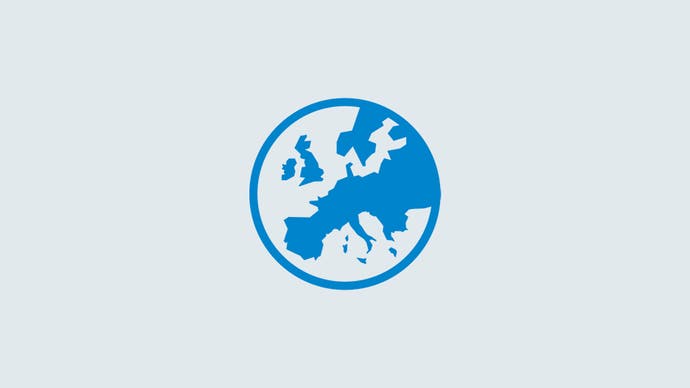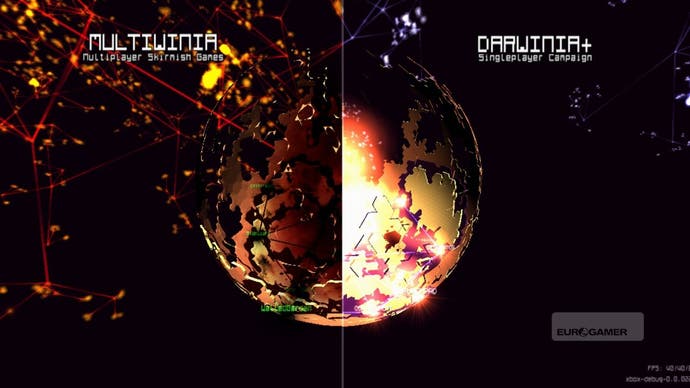Independence Day
Introversion opens on Microsoft, Subversion, Darwinia+ and more.
Once The Last of the Bedroom Programmers, the Robin Hood of Independent Forest, the David to the industry's Goliath, the [that's enough metaphor - Ed], Introversion nowadays finds itself beavering away on an Xbox Live Arcade version of Darwinia+. It's quite the transformation for a tiny studio that won the Independent Games Festival's grand prize a few years ago and celebrated by sticking two fingers up to publishers. Following the developer's turn at Eurogamer Expo 2009, we spoke to managing director Mark Morris to get the whole story.
When we first embarked down this route we we really worried that Microsoft were going to be really invasive with regards to the content of the game. We set ourselves up as a company as being really independent and not wanting that publisher interference to sand the edges off, if you like, and one of the big fears we had was that Microsoft was going to do that with Darwinia+.
The first message that I'm trying to get out there is that they didn't do that at all. There was never a point where they bullied us in any way into changing the content in a direction we weren't happy to go down. What did happen, though, was that we had different quality standards in our mind - a different perception of what we wanted to deliver, and what constituted an Xbox Live Arcade game. We found going through that with Microsoft was very difficult. It was like everything we did wasn't good enough. We were working quite hard and sending [builds] through and constantly getting "that's not good enough" back from them. And that was what I was joking about during the presentation - at them driving us really hard.

The other thing is the way in which they helped us to improve the game was really good as well. One of the things they did was a big usability report for us, this massive, 80-page document on everything that was wrong within the game. We took it and were going through it and thinking, "What in this do we agree with and what do we not agree with?" And actually it turned out we agreed with most of the problems that were happening, and then we had to figure our how we were going to solve it. Also, things like the menus - and we talked about that a lot during our sessions - a lot of that came from Microsoft's user interface team. That broke this stalemate that we were in.
The key message is that we found it a lot longer and a lot harder than we expected, but ultimately they've always been fair, played it straight, and been evidence-based and given us the tools we need to move forward.
Back then we didn't have... We're stood in this room now with all these wonderful indie games around us, and I'm confident a lot of them are going to make it to market. That wasn't the case back in 2006, because the publishers really were considered the enemy, sucking the life and the creativity out of game development.

What we've seen now is a new breed of entity; Microsoft as a platform holder, Valve as a platform holder, providing really big markets to developers and, in Microsoft's case, providing really useful services like this deep usability work that they were doing. In the past, publishers had stopped providing those services. Publishers were taking all of the the money and not actually delivering any value back. What we're seeing now - certainly with Microsoft and Valve - is people that aren't taking the lion's share of the royalties, are demanding a very high standard, but are helping developers to get there. That's a workable and sustainable model.
I wouldn't get up on stage and say, "F*** the new breed of useful and decent guys!" But that said, even with Multiwinia when we launched on PC, we were still getting these atrocious deals from publishers coming up and saying, "Oh look we'll take the whole global rights off you for ten-, fifteen-thousand dollars." Come on guys, wake up.

